The Best TV Shows on Central Television USSR
Every Central Television USSR Show Ranked From Best To Worst
Central Television USSR has over 20 shows broadcast from as early as 1962 and as recent as 1988. Among Central Television USSR’s finest offerings are Fuse and Fitil (Film Magazine), which debuted in 1962 and 1962, respectively. Check out the most acclaimed shows on Central Television USSR, with a catalog of over 20 series updated for February 2026.
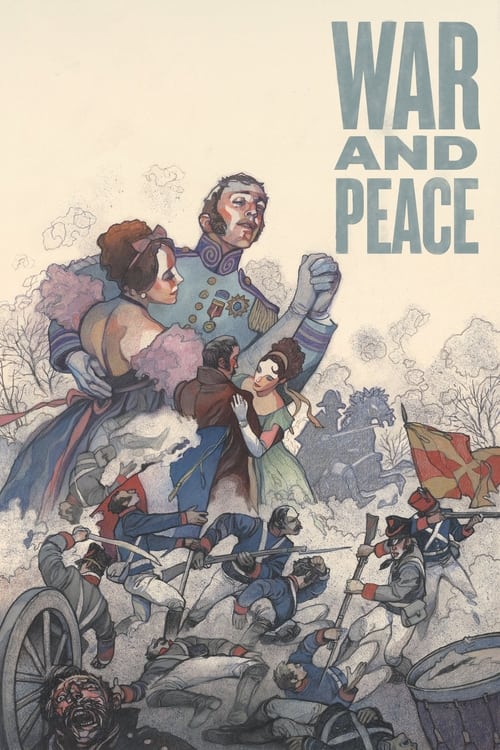 War and Peace (1966)9.7
War and Peace (1966)9.7The love story of young Countess Natasha Rostova and Count Pierre Bezukhov is interwoven with the Great Patriotic War of 1812 against Napoleon's invading army.
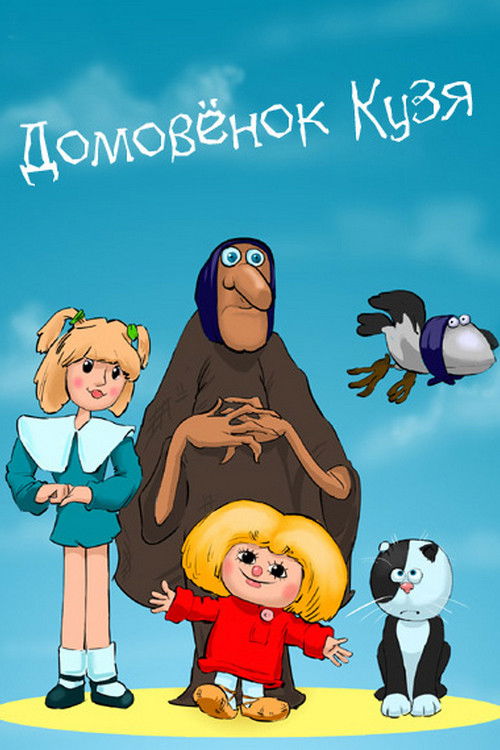 Little Brownie Kuzya (1984)9.5
Little Brownie Kuzya (1984)9.5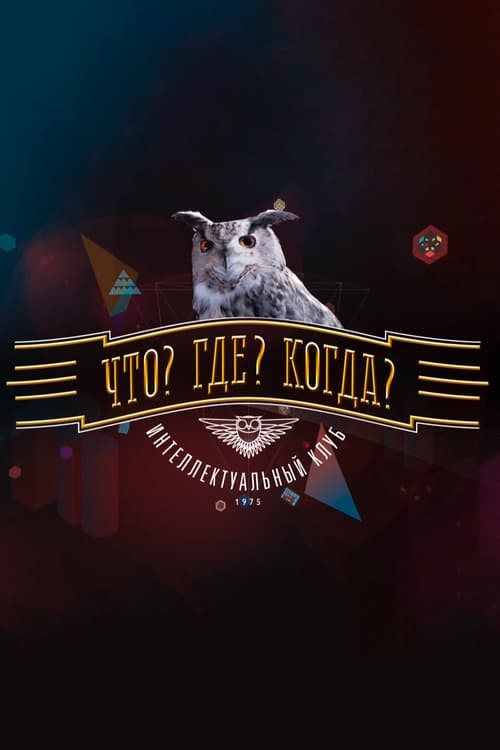 What? Where? When? (1975)8.3
What? Where? When? (1975)8.3What? Where? When? is an intellectual game show well known in Russian-language media and other CIS states since mid-1970s. Today it is produced for television by TV Igra on the Russian Channel One and also exists as a competitive game played in clubs organized by the World Association of Clubs. Over 17 000 teams worldwide play sport version of game, based on the TV show.
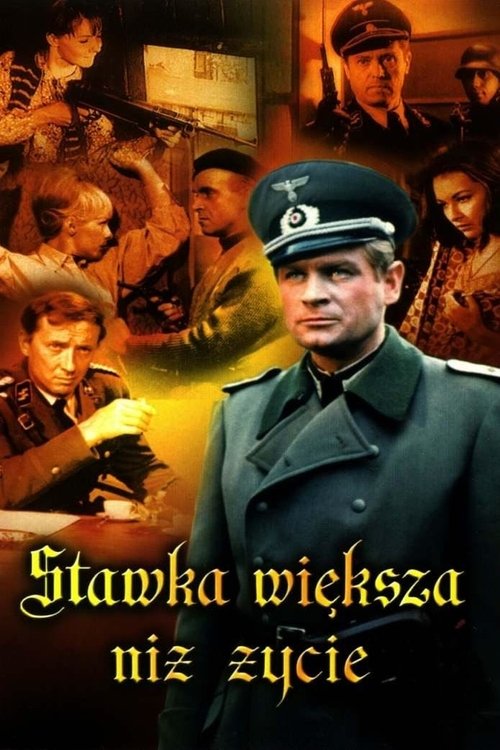 More Than Life At Stake (1968)8.1
More Than Life At Stake (1968)8.1A series about the adventures of a Polish secret agent, Hans Kloss, who acts as a double agent in the Abwehr during Second World War in occupied Poland.
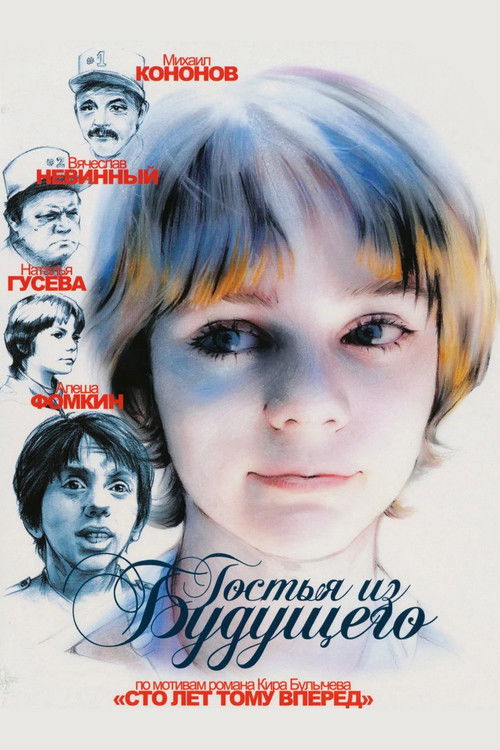 Guest from the Future (1985)8.1
Guest from the Future (1985)8.1Alice Seleznyova, a girl from the future, finds herself 1984. Following her are the space pirates Krys and Joker Y, with most nasty pirate's intentions. Coming to her help is an ordinary boy, Kolya, and his friends from 6th grade. Based on Kir Bulychyov's 1077 novel "One Hundred Years Ahead."
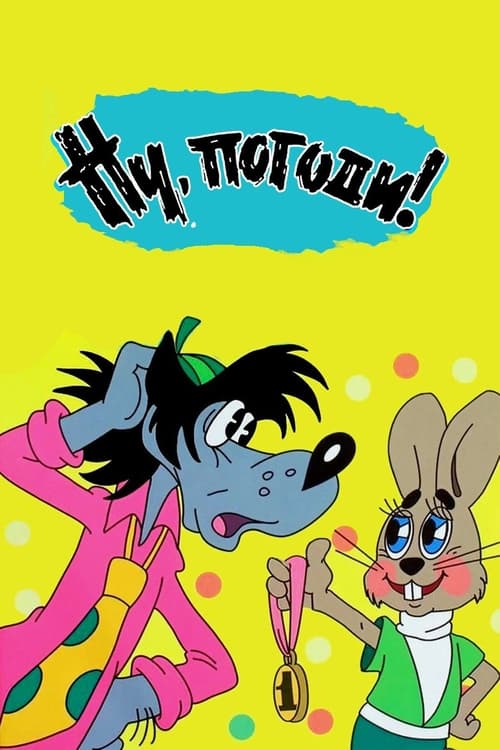 Well, Just You Wait! (1969)7.9
Well, Just You Wait! (1969)7.9Follows the comical adventures of a mischievous yet artistic wolf [Volk], trying to catch a hare [Zayats]. The series has additional characters that usually either help the hare or interfere with the wolf's plans.
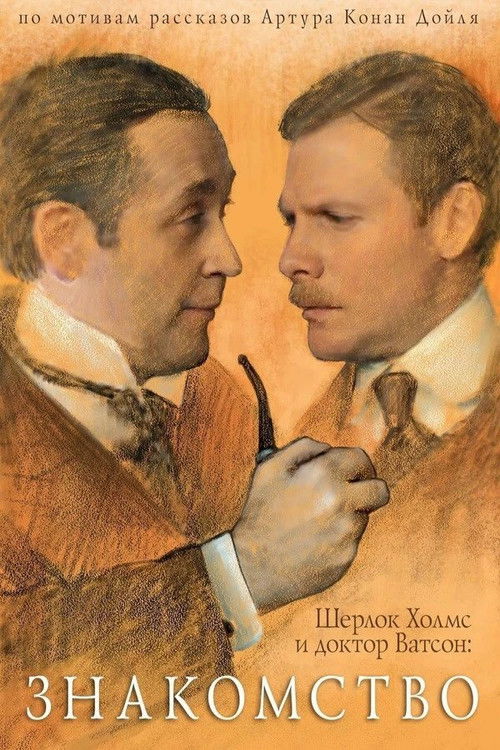 The Adventures of Sherlock Holmes and Dr. Watson (1980)7.8
The Adventures of Sherlock Holmes and Dr. Watson (1980)7.8The Adventures of Sherlock Holmes and Dr. Watson is a series of five films produced by Lenfilm for the Soviet Central Television, split into eleven episodes, starring Vasily Livanov as Sherlock Holmes and Vitaly Solomin as Dr. Watson. They were directed by Igor Maslennikov and filmed in Russia (the then Soviet Union) between 1979 and 1986, and the series was one of the most successful in the history of Russian television.
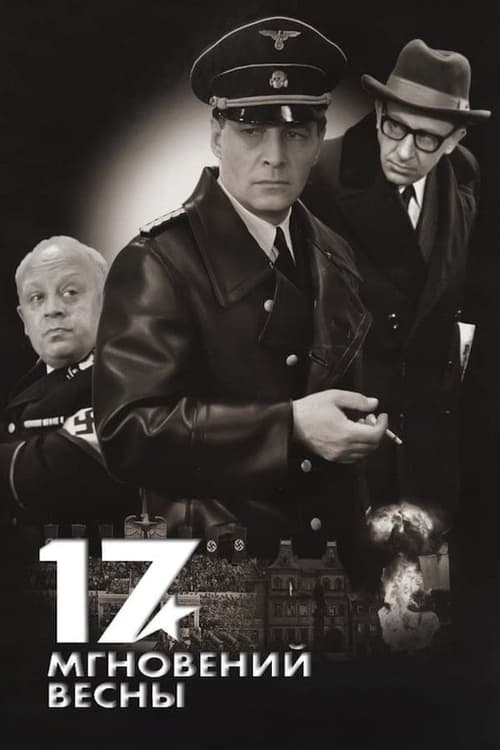 Seventeen Moments of Spring (1973)7.7
Seventeen Moments of Spring (1973)7.7A Soviet spy is tasked with disrupting the negotiations between Karl Wolff and Allen Dulles taking place in Switzerland, aimed at forging a separate peace between Germany and the Western Allies.
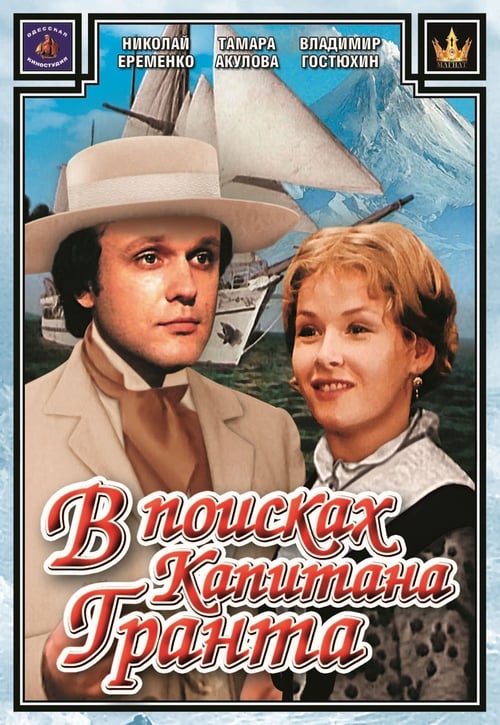 In Search of Captain Grant (1985)7.7
In Search of Captain Grant (1985)7.7Lord and Lady Glenarvan found a bottle in the ocean. This bottle contained a letter from Captain Grant that he and two of his sailors had survived a disaster at sea and need help. Unfortunately, the letter was damaged by water, and the latitude is known (37 degrees), but not the longitude. The Glenarvans decide to find Captain Grant.
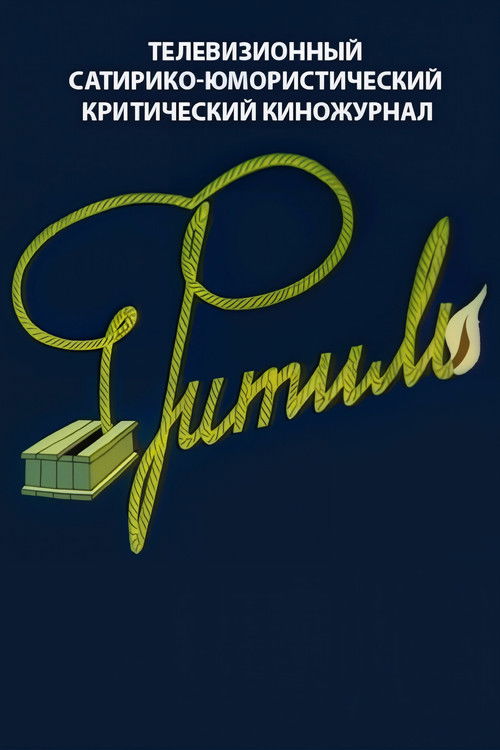 Fuse (1962)7.6
Fuse (1962)7.6Fitil is a popular Soviet/Russian television satirical/comedy short film series which ran for about 500 episodes. Some of the episodes were aimed at children, and were called Фитилёк, Fitilyok, Little Fuse. Each issue contained from the few short segments: documentary, fictional and animated ones. Directed by various artists, including Leonid Gaidai who presented his famous trio of Nikulin, Vitsin and Morgunov into the cast. It was called in USSR as "the anecdotes from the Soviet government".
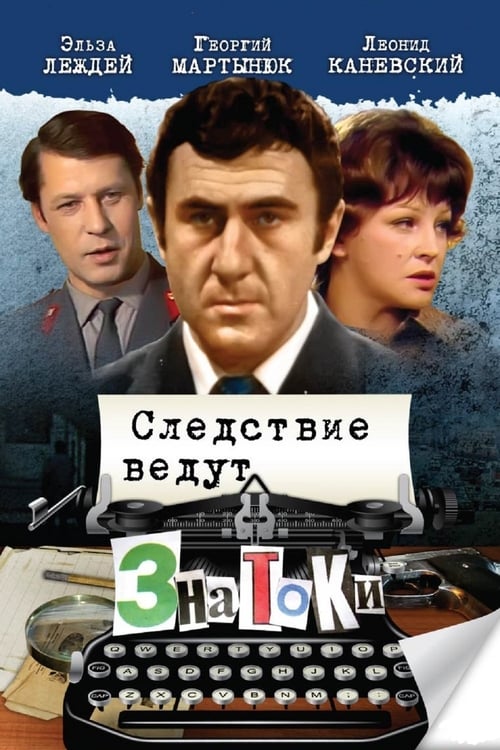 Investigation Held by ZnaToKi (1971)7.6
Investigation Held by ZnaToKi (1971)7.6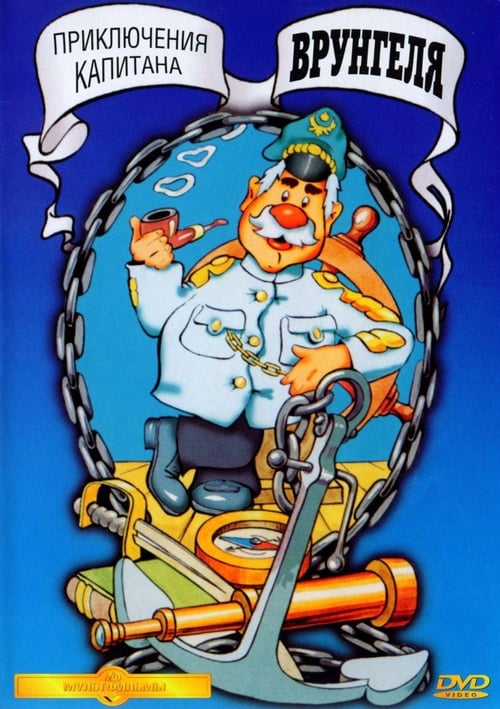 Adventures of Captain Vrungel (1980)7.6
Adventures of Captain Vrungel (1980)7.6An old sea captain and his student decide to take part in the international regatta. At the same time an amateur thief steals a statue of Aphrodite from Louvre and boards their yacht by mistake. A long, fun adventure is ahead.
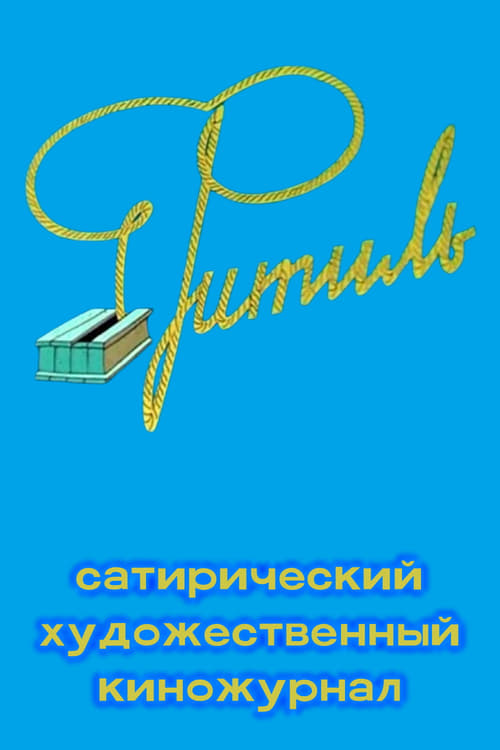 Fitil (Film Magazine) (1962)7.5
Fitil (Film Magazine) (1962)7.5A satirical film magazine produced by various film studios in the USSR from 1962 to 1991 and in the CIS from 1992 to 2003. The magazine's issues consisted of various stories: feature films, documentaries (with dubbed characters), and cartoons.
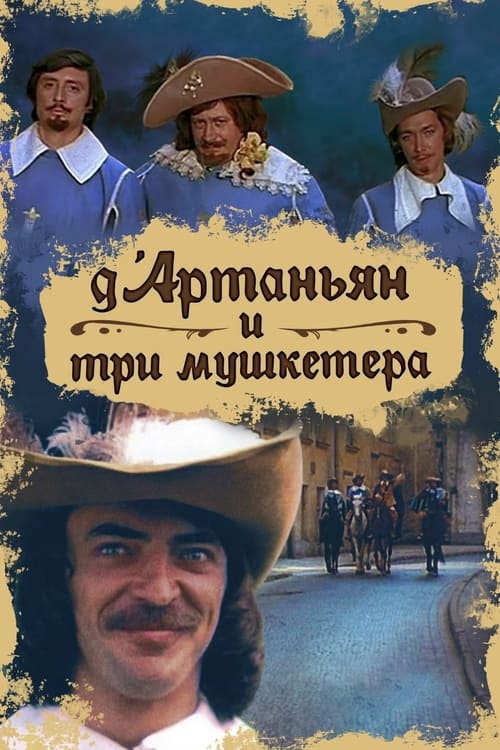 D'Artagnan and Three Musketeers (1979)7.2
D'Artagnan and Three Musketeers (1979)7.2The musketeers battle against the all-powerful Cardinal Richelieu and the treacherous Milady.
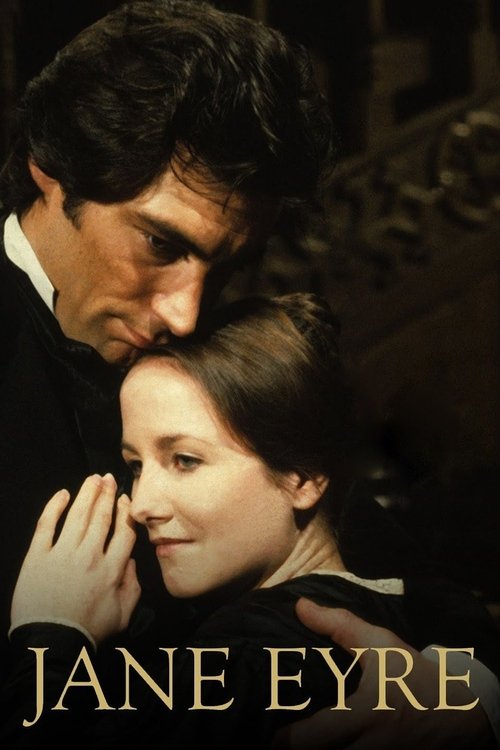 Jane Eyre (1983)7.1
Jane Eyre (1983)7.1A young governess falls in love with her mysterious employer, but a terrible secret puts their happiness at risk.
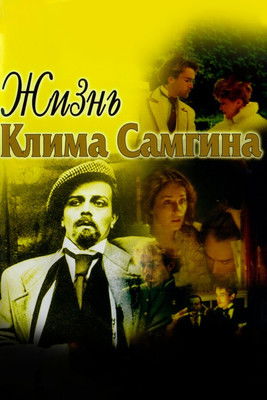 The Life of Klim Samgin (1988)6.7
The Life of Klim Samgin (1988)6.7The life of the intellectual Samgin, depicted against the backdrop of the grand panorama of Russian life from 1877 to 1917.
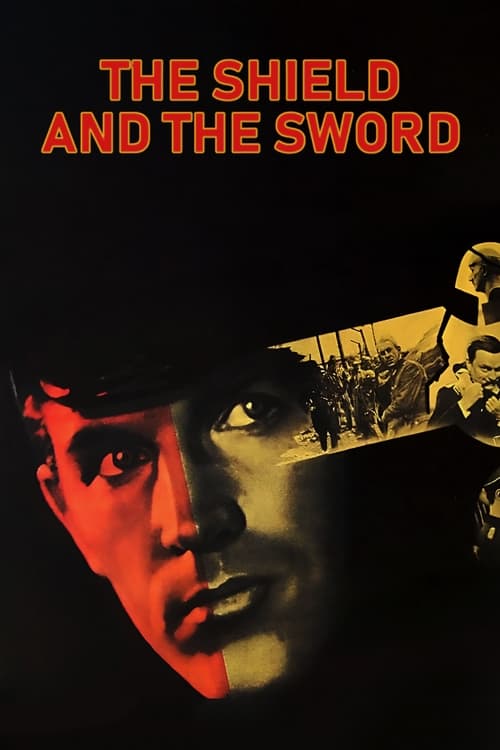 The Shield and the Sword (1968)6.6
The Shield and the Sword (1968)6.6The year is 1940 and Nazi Germany is at the height of its military prowess, having captured most of Europe and eyeing the Soviet Union to the East. The Russian military command suspects hostile intent from Germany and so arranges for its spies to infiltrate ranks of the German military and the SS. Alexander Belov is a Russian spy, who travels from Soviet-held Latvia to Nazi Germany under an alias of Johann Weiss. His mastery of the German language, steel nerves and an ability to manipulate others help him to use his connections in the SS to ascend the ladder of the German intelligence. He uses his position to identify sympathetic Germans, who help him to procure vital intelligence, and to help local resistance movements in their collective fight against Nazism.
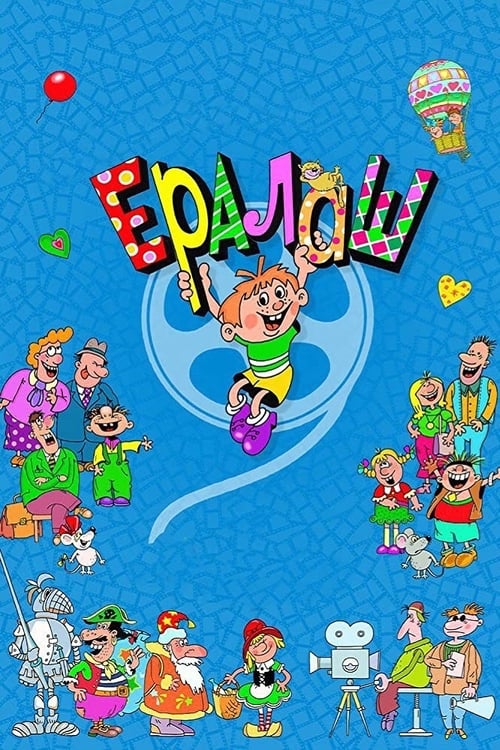 Yeralash (1974)6.6
Yeralash (1974)6.6The children's humorous film magazine "Yeralash" is a one-of-a-kind work of cinematography that ironically approaches the solution of everyday problems, focusing on the views and needs of modern society, allowing different generations to achieve mutual understanding.
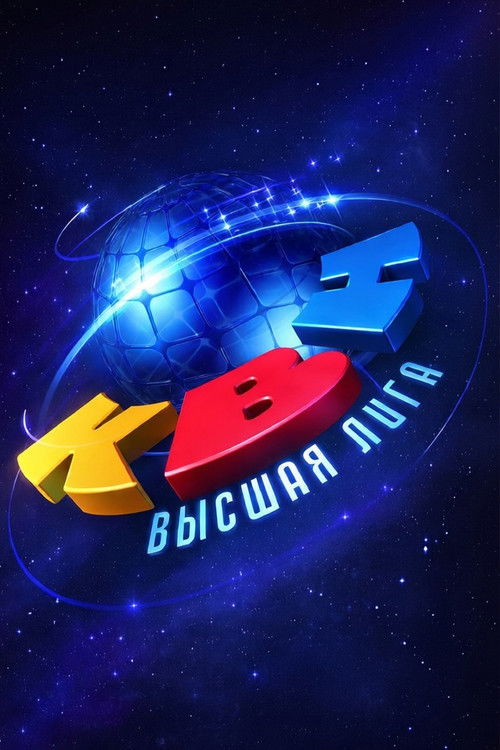 KVN Major League (1986)6.5
KVN Major League (1986)6.5KVN is a Russian humour TV show and competition where teams compete by giving funny answers to questions and showing prepared sketches. The programme was first aired by the First Soviet Channel on November 8, 1961. Eleven years later, in 1972, when few programmes were being broadcast live, Soviet censors found the students' impromptu jokes offensive and anti-Soviet and banned KVN. The show was revived fourteen years later during the Perestroika era in 1986, with Alexander Maslyakov as its host. It is one of the longest-running TV programmes on Russian Television. It also has its own holiday on November 8, the birthday of the game, which KVN players celebrate every year since it was announced and widely celebrated for the first time in 2001.
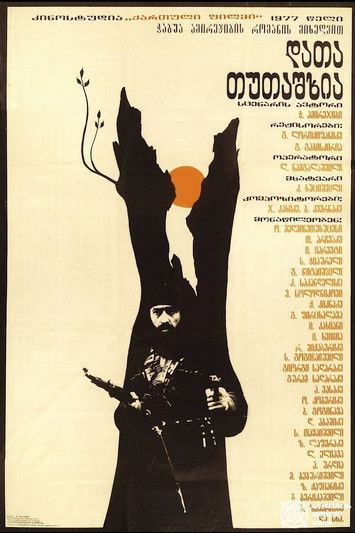 Data Tutashkhia (1977)5.8
Data Tutashkhia (1977)5.8A just man becomes an outlaw. He is pursued by the police over the years, while he tries to fight the injustice in the world, but he can't figure out the minds of his fellow men, and is often misunderstood.